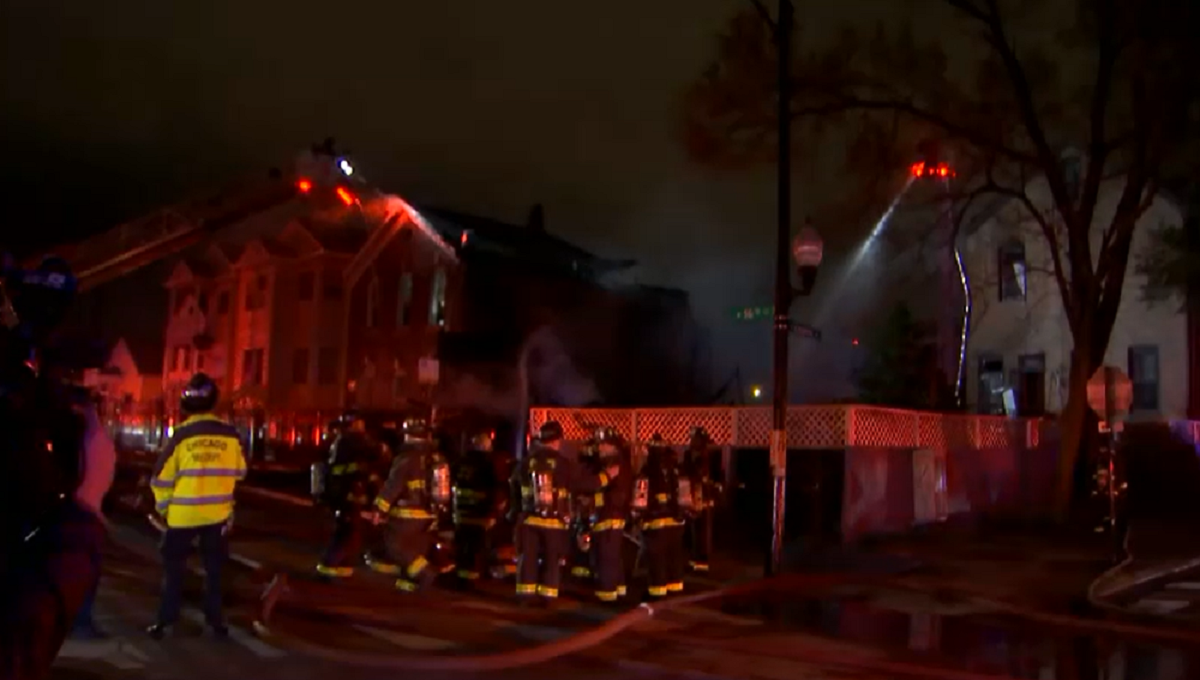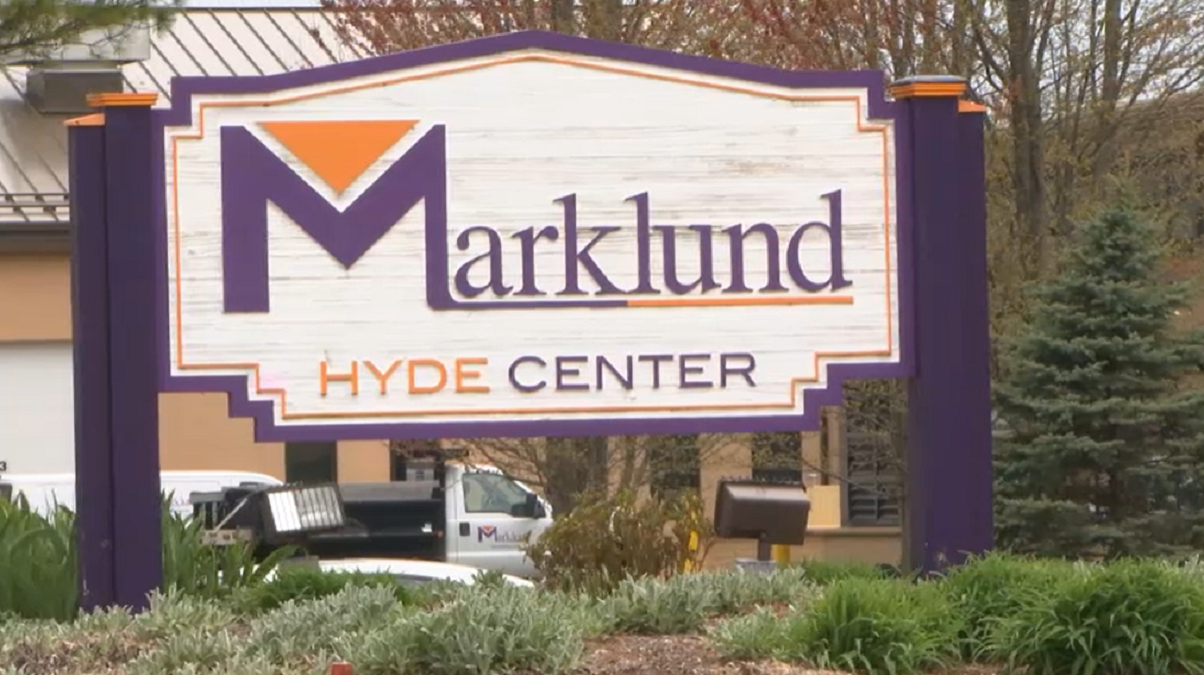DuPage County Sheriff James Mendrick was on-site at the mass shooting at an Aurora factory Feb. 15, where five employees were shot and five police officers critically wounded.
Returning to the office, he says he set about to immediately pursue the FOID cards and guns of those who shouldn’t have them.
“In policing, you’ve got to try something different every once in a while,” Mendrick told NBC 5. “I’m hell bent to do whatever it takes to get these guns out of the homes and out of possession of people who could harm someone else or themselves.”
It’s a tall order.
Aurora gunman Gary Martin should not have had any weapons. His Illinois Firearm Owner Identification (FOID) card had been revoked in 2014 but no one ever checked to see if he surrendered his card or his weapons.
In fact, that virtually never happens.
The Illinois State Police will typically only revoke a FOID card if new or previously unreported felonies are discovered, or if the holder has a disqualifying mental condition. But of last year’s 10,818 revocations, only 3,469 people surrendered their cards. And an abysmal 2,616 filled out the required forms, informing the state how they were disposing of their guns.
Local
That means most, like Martin, probably kept their guns. It happens every year---and almost no follow-up is ever done. In 2018, only 10 people were prosecuted for failing to obey the law.
“As a sheriff, I say we do whatever it takes to get it done,” said Mendrick. “I mean there comes a point where we say the violence outweighs the archaic, systematic law structure that now exists.”
Starting last week, Mendrick assigned social workers to immediately start contacting those who have had their gun privileges revoked, to ask for voluntary compliance in surrendering their FOID card and any weapons.
“Believe it or not, our first letter, that enhanced letter that we put out with the changes, we had our first one was voluntarily brought in, guns and the card,” he said.
If that first approach doesn’t work after 48 hours, Mendrick says he will send officers to knock on the door. The demands will be the same---surrender your FOID card and do you have any guns? But that second question is a thorny one. Police have no way of determining how many weapons that FOID holder ever bought.
And even if the gun-owner’s FOID card has been revoked, Mendrick’s officers can’t just walk in and search.
“We need probable cause,” he says. “We can’t just assume you have guns. Somebody could give you one gun and still have 12 more.”
That’s because of the secrecy built into the system. When purchases are made, gun store employees are required to access the state’s F-TIP database, to check a buyer’s background for disqualifying conditions. But the actual purchase information is kept confidential.
Cook County sheriff Tom Dart says he will introduce legislation in Springfield, calling for F-TIP information to be shared with law enforcement.
“Do they have a hundred guns? We have no idea,” says Dart. “We’d be able to then take the guns…they would either go to a responsible person or law enforcement.”
Mendrick said he agreed with Dart’s sentiments, but he intends to start now in addressing the issue. But he agreed, he’s been given a flawed law to work with, one which emphasizes voluntary surrender of a firearm card over any actual system of getting guns out of the wrong hands.
“They’re sending us to pick up a piece of plastic—a card—and not giving us much, I would say teeth, to get the guns,” he said. “I hate to see so much discussion about a small rectangular card, when the goal is not the card, it’s the guns!”
Post-Aurora, Mendrick said his office is also contacting local businesses, asking for the layouts of their buildings. The Aurora shooter hid out for nearly an hour while police searched a giant warehouse, potentially exposing themselves to fatal scenarios.
“We’re collecting floor plans of all the buildings so we know where the rooms are,” he said. “We’re also asking that businesses and schools have numbers designating which doors are ingress or egress.”
He said his office is also exploring technology which would allow officers to have live video feeds from surveillance cameras forwarded in real time to their phones.
“You can actually address the threat on your terms,” he said. “And much more quickly.”



